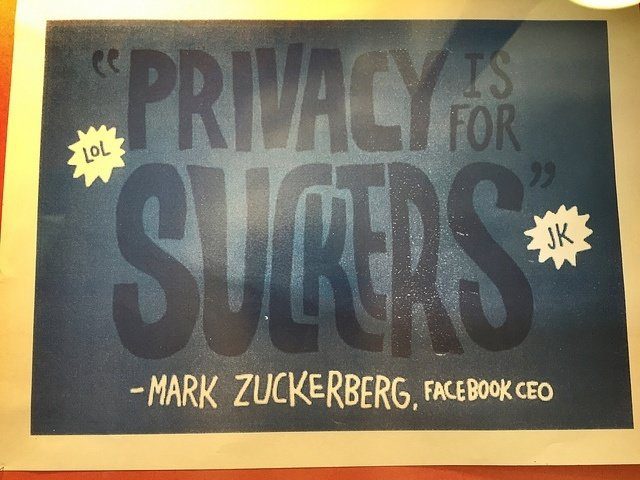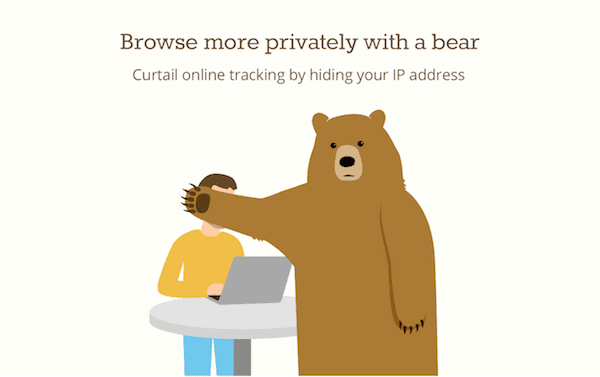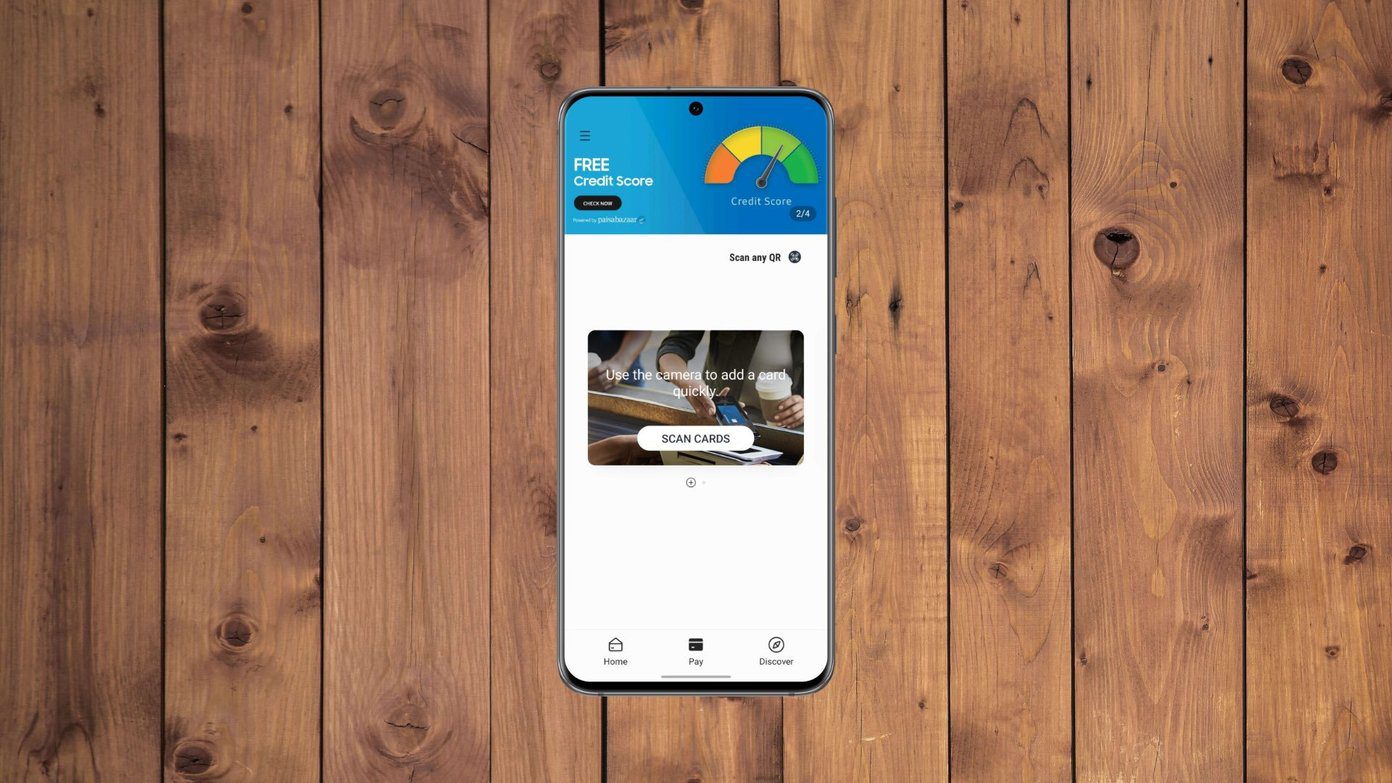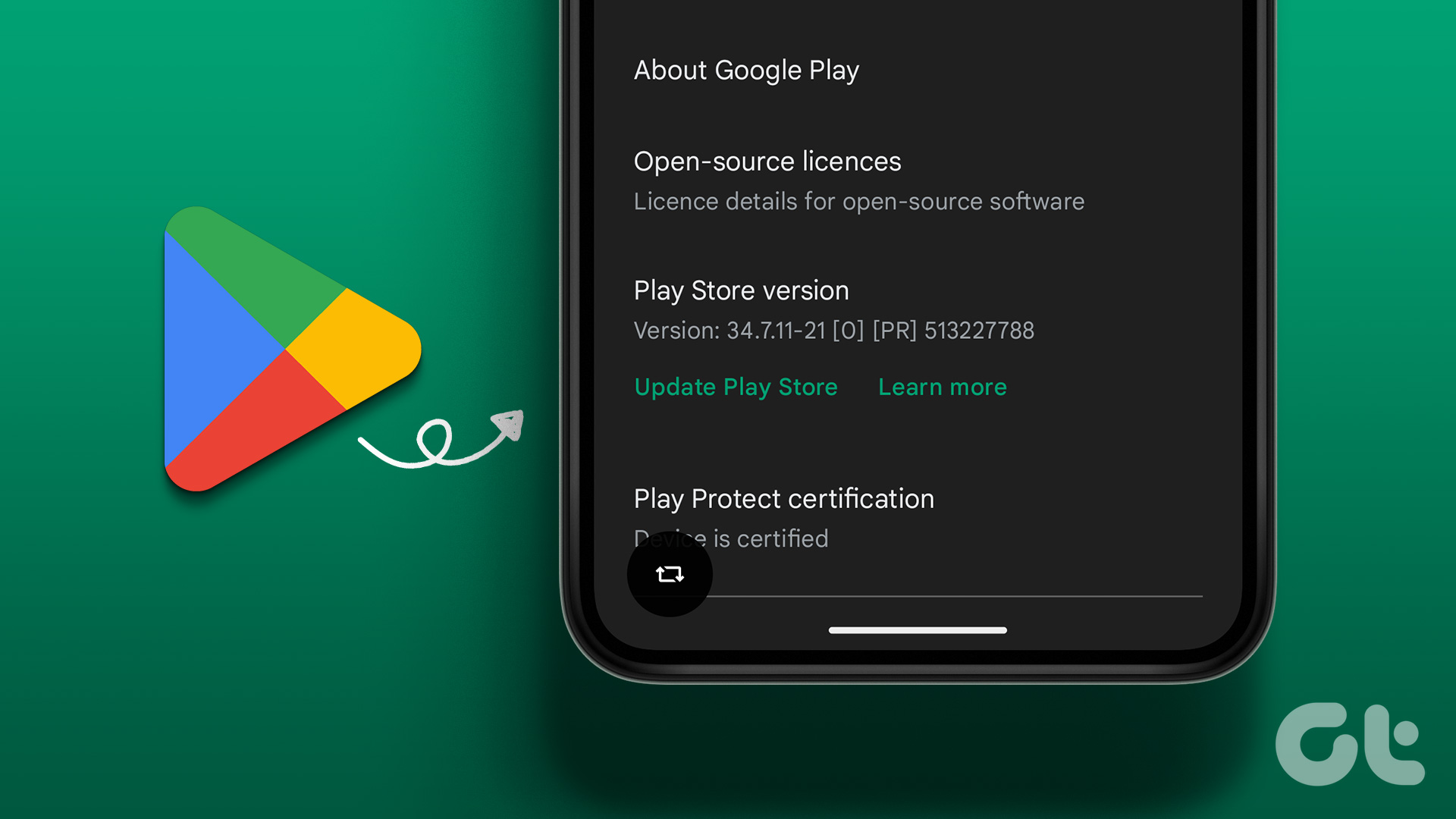For the uninitiated, a VPN (Virtual Private Network) is just a group of computers connected together and linked to the internet. VPNs have a lot of use cases. Companies use it to let employees work remotely and securely, transferring data and more. Mere mortals use it to try and anonymize themselves, masking their identity, unblocking country-specific content and adding an additional layer of security between them and the wider web.

Of course, VPNs are much more than this. How Stuff Works has a great explainer if you’re willing to dive deeper. But for the average, security-minded individual, VPN means an easy way to encrypt their internet usage.
Setting up a VPN network yourself is not easy. Which is why you’ll find countless services, big and small, ready to help you out. There are many reasons for you to be using VPNs and in this article we’ll be focusing on why you shouldn’t use free only VPN services.
Proxy Servers Cost Money
There’s a very true saying – “proxy servers don’t grow on trees”. Of course they don’t, they’re usually found in the cloud.
While it may not look like it from the user perspective, running VPN means setting up servers (really powerful, always-on, connected computers), employing people to maintain them, keeping them running and writing software that enables you to route your connection through them. Depending on what you’re using the VPN for, there’s also large amount of bandwidth cost involved. Safe to say, running VPNs are no walk in the park.
The Cost of Free Is Loss of Privacy
When you’re not paying with real money, you’re usually paying with your private information or you’re directly compromising your privacy. Which is ironic because a lot of us use VPNs because we’re concerned about privacy on the internet.

It’s clear that companies from Facebook to Google and everyone in between wants your personal information – where you live, how old you are, your gender, your interest so they can sell that data to advertisers who can in turn serve you super targeted ads in hopes that you’ll click them and buy something.
Completely Free VPN Hosts Cannot Be Trusted
A lot of companies offer their services for free to create a huge user base and try to bring in monetization later. These companies usually survive on investment funds. Some companies offer a free tier that pleases most of the customers and charge for professionals that they hope would cover the cost of freeloaders as well.

If a company isn’t doing either of those things, but is still offering a completely free service, there’s something going on (this isn’t just limited to VPN services and even just the criteria listed above).
If you’re using VPN, you’re doing so to mask your real identity. You probably don’t want trackers from services like Google or Facebook to know about you at all times. Or you’re using it to watch blocked YouTube videos. In that case, whatever.
But when you use free VPN services, all that personal information now goes to them. This is arguably worse because free VPN services can do all sorts of crazy things to make the money you didn’t pay them. They can inject ads that weren’t there, sell your personal data to malicious parties and as we saw most recently, turn your whole computer into a botnet.
Warning: Hola, a widely used free VPN service used by around 47 million users across the world was found to be turning users computers into miniature proxy servers. Say I’m an Hola user in India and you’re an Hola user in the US. When I switch to a US proxy for a website, my traffic might just be routed from your internet connection and vice-versa. That’s not all – Hola was even found to be selling this bandwidth. Think about it, someone you have no idea about goes on the internet and does stuff and whose information gets logged? Yours.
What About Tor?
Tor is kind of like VPN except not really. Using Tor, you’re masking your real IP address and personal information by routing your traffic through multiple server locations run by Tor volunteers across the world. Tor is free to use and there’s no single entity running the show.
But Tor is not simple. You need special browser and because Tor routes your traffic across the web, it’s slow. Plus, some ISPs actively block Tor access. But if you’re looking to anonymize your internet access for free and don’t mind waiting for a while, Tor might be for you. But for most of us, it’s not the right solution.
What to Look for When Choosing a VPN?
When searching for a VPN provider, you should make sure that the provider keeps no logs of your activity. If there are no logs, there are probably no government backdoors. It’s also better the provider is using DNS servers and that their servers are located physically close to their offices. Some VPNs will let you access torrents, some won’t.

To know more about what to look for in a VPN service provider, check out TorrentFreak’s breakdown. Lifehacker also has a great roundup of the best VPN services, according to their readers.
Which VPN Service Should You Use?
You still need VPNs. That country-blocked Comedy Central video isn’t going to unlock itself. If you’re a heavy VPN user – that is you need it for work or you’re going to use more than a couple of GBs a month, you should invest in a paid VPN service. They cost anywhere between $2.49 to $4.99 a month. And VPN services are not just limited to your PC. Once you have a monthly membership, you can use VPN on Android and iOS devices as well.

If you’re only going to need VPN services sparingly, use a free plan by a service that you know has a paid tier as well. TunnelBear has a 500 MB per month free plan. They now have a super handy Chrome extension as well that makes the process of connecting to a VPN super easy. If you go over the limit, sign up for the $4.99 a month paid plan. If you’re only going to use VPN when traveling around the world, they have a $2.99/month mobile only plan as well.
Here is a list of other legitimate VPN services:
- Private Internet Access – $6.95/month, $39.95/year
- IPVanish – $10/month, $77.99/year
- PrivateVPN – €7/month, €66/year
- HotspotShield: $24.99/year
Which VPN Service Do You Use?
Do you use a free VPN service, have a paid subscription or have you set up a DIY solution? Share with us in the comments below
Last updated on 03 February, 2022
The above article may contain affiliate links which help support Guiding Tech. However, it does not affect our editorial integrity. The content remains unbiased and authentic.











